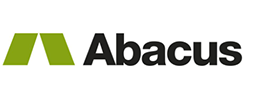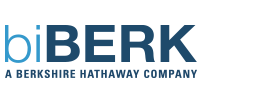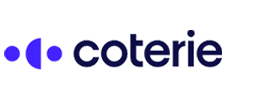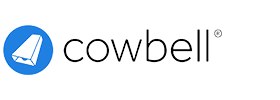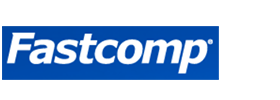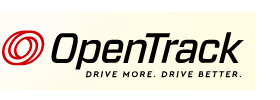Navigating between an insurance policy and a bond can be confusing, often resulting in individuals seeking the wrong type of coverage. Many mistakenly perceive minimal differences between the two and encounter frustration when attempting to secure the appropriate product. Bonds and insurance policies indeed offer protection, yet their nuances regarding beneficiaries, methods of protection, and financial responsibilities set them apart significantly.
A prevalent misunderstanding arises when individuals or agents encounter the term “fidelity” in contracts or client requirements. This often leads to requests for a Fidelity Bond when what’s needed is a Crime Policy. While both address fidelity exposures, they do so in distinct manners.
So, what exactly distinguishes an Insurance Policy from a Bond?
Contract Structure:
A Bond functions as a tripartite agreement involving an Obligee (requiring the bond), a Principal (seeking the bond to meet Obligee requirements), and a Guarantor (usually a surety company issuing the bond). Essentially, a bond serves as a form of credit and is typically only issued when demanded by a third party (Obligee).
On the other hand, an Insurance Policy is a simpler bilateral contract between an insured party and an insurer. No external party’s requirement is necessary for policy issuance.
Protection Mechanism:
Bonds act as a credit mechanism safeguarding the Obligee by guaranteeing payment from the Principal. In case the Surety Company pays a claim, reimbursement is expected from the Principal.
Conversely, an Insurance Policy shields the insured against specified losses.
Underwriting Process:
Bond issuance depends on the Principal’s capability to compensate the Obligee in the event of a claim. Depending on the bond type and magnitude, Principals might need to furnish audited financial statements and bank records to demonstrate their capacity to cover potential losses.
In contrast, Insurance Policies are underwritten based on predetermined risk criteria and the insured’s exposure profile. Risk is diversified across a pool of similar insured parties with comparable exposures.
Premium Structure:
Bond premiums are paid to secure the Principal’s fulfillment of obligations.
Insurance Policy premiums are structured to cover anticipated losses.
Expectation of Losses:
Bonds do not anticipate losses; thus, they are only issued to qualified individuals or businesses capable of providing the necessary guarantee. Qualification typically hinges on proving the financial capacity to cover potential bond losses.
Conversely, Insurance Policies are issued with the understanding that some losses will occur, and rates are adjusted accordingly.
Claims Handling:
For bonds, the Principal is responsible for reimbursing any claims, as the Surety Company acts solely as a payment guarantor to the Obligee.
In contrast, Insurance Policy claims are typically paid by the insurer without expectation of repayment from the insured.

